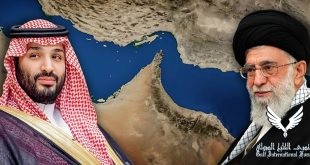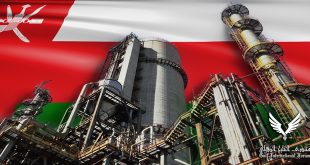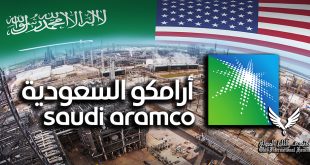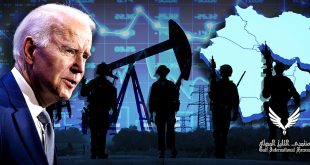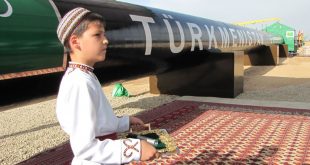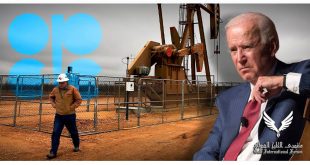Key Points Azerbaijan’s energy transition is driven by several factors, including the country’s growing economy, increasing energy demand, and concerns about climate change.Azerbaijan has plentiful fossil fuel supplies used for export, but as there is a global move toward obtaining zero net greenhouse gas emissions, the country will need to …
Read More »Iran-Saudi Agreement: In Search of Stable Oil Exports and New Relations
As a “neutral” power seeking to distance itself from the Middle East’s various geopolitical rivalries, China has supported reconciliation and peace to stabilize its access to the region’s resources. The relationship between Iran and Saudi Arabia has been fraught with tension for decades, with each side accusing the other of interference in …
Read More »Geopolitics Grants Omani LNG a Lifeline
The Russian invasion of Ukraine has given Oman’s natural gas industry, long handicapped by relatively modest reserves and high extraction costs, a new lease on life. The global energy crisis caused by Russia’s invasion of Ukraine one year ago has underlined the centrality of LNG to Europe’s energy security. Since …
Read More »Saudi Aramco’s U.S. Investments: A Win-Win Template for Bilateral Energy Engagement
As Saudi Arabia has grappled with its Vision 2030 reform plan and its transition away from fossil fuels, one international partner of choice in the energy sector has emerged: the United States In recent years, many countries in the Middle East region have concluded that their continued economic dependence on …
Read More »The Dynamics Shaping Global Energy Markets in 2023
After a year of unprecedented turmoil, global energy prices could return to a ‘new normal’ in 2023—or they could be further disrupted by ongoing or new political and economic crises. The full-scale Russian invasion of Ukraine in February 2022 led to major reverberations in energy markets around the world. In an attempt …
Read More »Iran Looks to Turkmenistan for Energy Needs
With its massive oil and natural gas reserves, Turkmenistan’s economy is heavily dependent on foreign exchange earnings from the export and sale of these resources. Given this, the country’s economic stability is tied to Ashgabat’s foreign policy and cooperation with its neighbors, including those territories located in the path of …
Read More »Winter is Coming: Iran’s Looming Energy Crisis
The Iranian government has vowed to increase its gas output and international exports, but cannot produce enough to keep the lights on at home. The Iranian government is currently embroiled in the most serious threat to its rule since the end of the Iran-Iraq War in 1988. The protests surrounding …
Read More »Striking Oil: How Strikes in Iran’s Energy Sector Could Shape the Protest Movement
In 1979, oil workers in Iran dealt a blow to the Pahlavi dynasty; now, instability in Iran’s energy sector could once again put tremendous pressure on the regime or lead to the fall of the Islamic Republic itself. Considering the central role of energy exports to Iran’s economy, the security …
Read More »The United States Cannot Influence Global Oil Markets
Considering the increase in demand in the market and the concern of the producing countries about the future of the oil market, and the desire of these countries to increase the production capacity, it is not possible to expect the market to return to normal conditions in the short run. …
Read More »Regional security and energy are the main axes of Iran-Oman relations
Without the lifting of sanctions and a fundamental change in Iran’s foreign policy, it won’t be easy to resolve tensions in the region and increase the level of political and economic relations with neighbors. Regionalism and the development of Iran’s relations with Russia and China are among the presidency’s priorities in …
Read More »

